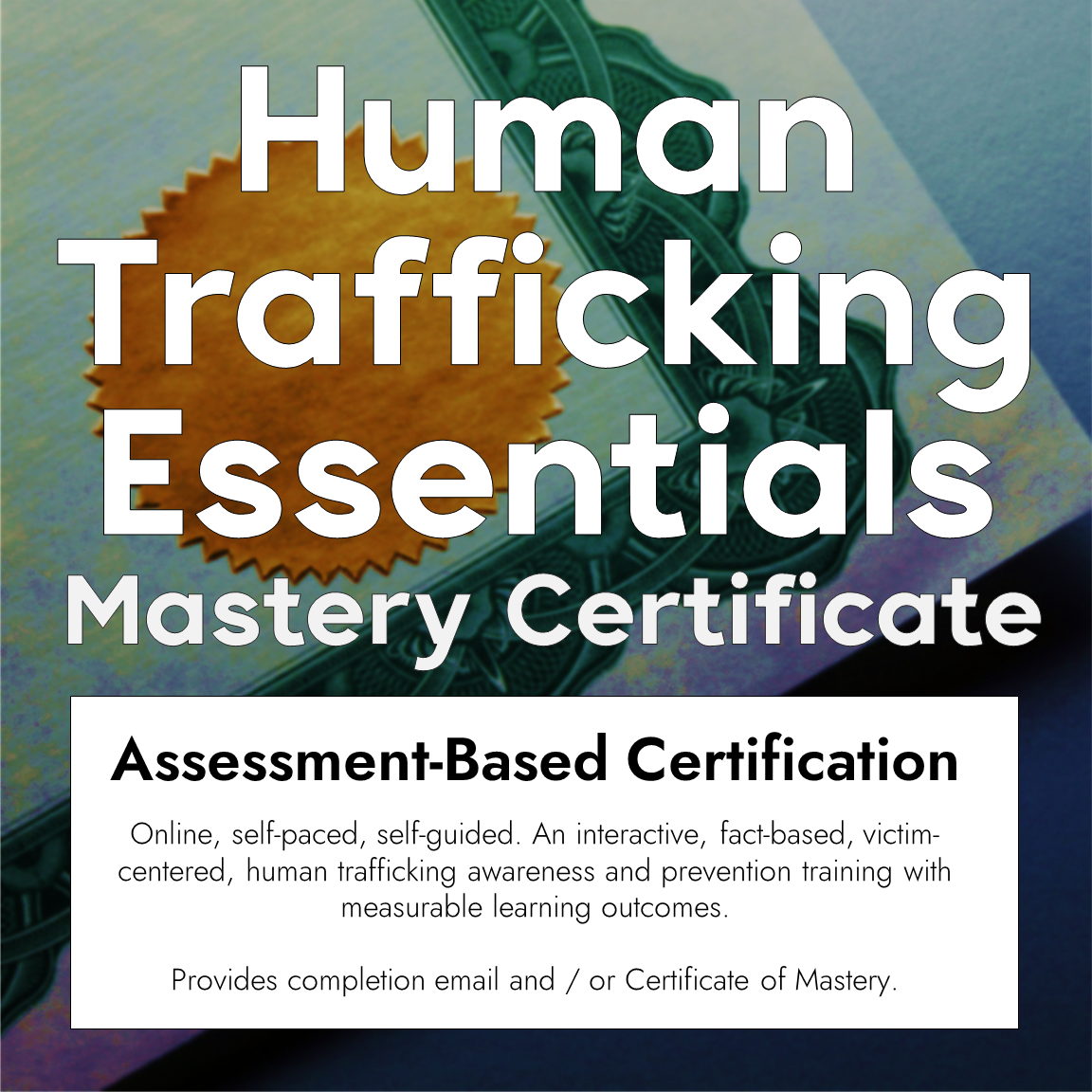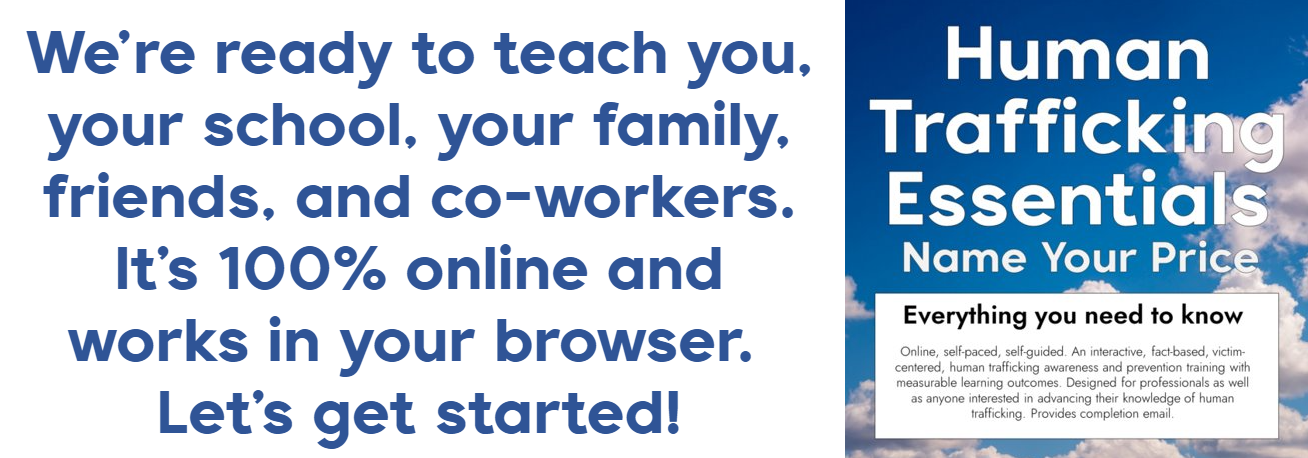Walmart, Centric Brands Probe ‘Very Concerning’ Cambodia Prison Labor Allegations

Walmart and Centric Brands are probing their supply chains in Cambodia over allegations of the illegal use of women's prison labor to produce garments for export in the wake of questions raised by Reuters this week and amid ongoing concerns by an apparel industry trade group that the violations were taking place.
The American Apparel and Footwear Association (AAFA), whose roster includes Centric Brands, a licensor of such labels as Calvin Klein, Izod and Under Armor, but not Walmart, had written Cambodia's ambassador to the United States, Chhea Keo, twice over the past year requesting action over “credible reports” that inmates at Correctional Center Two, the country's main women's prison, were being used in the production of clothing and other textile products as part of their rehabilitation.
More from Sourcing Journal
“While we recognize the stated goals of Cambodia's prison rehabilitation program, the production of garments and other textile products for export inside of this prison, by prison inmates, is incompatible with respect for these standards, and the import of which into the United States is in violation of U.S. law,” wrote CEO and president Steve Lamar in a letter dated Nov. 4, 2022. “Just as important, continued production and export of prison-made garments will tarnish the good reputation of the Cambodian garment industry.”
Follow-up correspondence to minister of economy and finance Aun Pornmoniroth and minister of commerce Pan Sorasak acknowledged subsequent meetings with Keo stating the progress of an inter-agency investigation on the issue.
“We understand that the investigation has indeed confirmed the allegations that two companies illegally purchased product from Correctional Center Two and had planned to export that product,” Lamar wrote. “We are also pleased to hear that the government was able to prevent the export of that product and to receive the assurance that no such product would be permitted for export.”
Lamar then requested the appointment of a representative from the respective ministries to serve as an ongoing point of contact that “we can engage with until this issue is fully resolved.”
Again, he reiterated the risks of employing prison labor. Lamar also urged the Cambodian government to end the practice, establishing a “rigorous monitoring protocol” to ensure it doesn't happen.
While neither letter named the companies allegedly receiving the goods, four people familiar with the situation, including two former Correctional Center Two inmates, told Reuters that the items produced appeared to be linked to Walmart and Centric Brands. They brandished a reusable Walmart-branded shopping bag and an Izod-branded polo shirt, which they said were taken from the prison factories in which the convicts had worked upon their release, the most recent in January.
Reuters wasn't able to independently establish whether the items were made in the prison.
Both the United States and Cambodia, which until 2020 was one of the biggest recipients of its trade preferences scheme, have outlawed the international trade of convict-made goods. The International Labour Organization (ILO), to which Cambodia belongs, permits prison labor as long as it is not forced.
“We find the allegations very concerning,” a Walmart spokesperson told Reuters, later adding that an investigation is ongoing. “Forced labor of any kind is abhorrent, and we believe all people should be treated with dignity and not be exploited.”
Centric Brands told the outlet that it has suspended imports from a factory in Cambodia and would “immediately terminate” any supplier found to be using prison labor. Later, it said that while it “has not found any evidence supporting the claim that prison labor was used” to make the polo shirt in question, it had “terminated” its relationship with the identified factory.
The supplier showed no signs of issues related to forced labor, Centric Brands said, noting that it had been audited by Better Factories Cambodia (BFC) and Worldwide Responsible Accredited Production (WRAP) for each of the past four years, as well as by Amfori's Business Social Compliance Initiative since 2022.
Authentic Brands Group, which owns Izod, told Reuters that it took the allegations seriously.
A representative from the ILO, which backs the Better Work program, told Reuters that BFC conducts unannounced, two-day assessments of all Cambodian factories that produce garments and travel goods for export once a year. A spokesperson for Amfori said members were responsible for monitoring their suppliers and subcontractors, and that it had not encountered cases of forced or prison labor in Cambodia or found any ties between its members' businesses and Correctional Center Two.
Walmart, Authentic Brands Group and BFC declined to provide additional statements, while Centric Brands and Amfiori did not respond to requests for comment. The AAFA referred Sourcing Journal to the two letters that it had written.
WRAP told Sourcing Journal that it has a zero-tolerance policy regarding forced labor, including prison labor, and that it continues to investigate the allegations.
“WRAP does not certify prison production and none of the facilities identified in the article as having used prison labor are WRAP-certified,” a spokesperson said. “We are focusing our investigation on whether any WRAP-certified facility in Cambodia has engaged in subcontracting with the prison system. Thus far we have not established such a link.”
Cambodia, which is beginning minimum wage talks for 2024, is the No. 3 supplier of travel goods, the No. 4 supplier of footwear and the No. 6 supplier of garments to the United States, according to the AAFA. Cambodia's exports to the United States, most of them garments, during the first seven months of the year, topped $5.2 billion, a year-over-year decrease of 9.1 percent, per General Department of Customs and Excise data. Worldwide, the country exported $6.3 billion worth of garment, footwear and travel products during the first seven months of the year, a 20 percent drop from the $7.9 billion it delivered during the same period last year.
This “Eyes on Trafficking” story is reprinted from its original online location.
Fair Use Notice: The PBJ Learning Knowledge Vault is dedicated to advancing understanding of various social justice issues, including human trafficking and related topics. Some of the material presented on this website may contain copyrighted material, the use of which has not always been specifically authorized by the copyright owner. We are making such material available in our efforts to promote education and awareness of these important issues. There is no other central database we are aware of, so we put this together for both historical and research purposes. Articles are categorized and tagged for ease of use. We believe that this constitutes a ‘fair use' of any such copyrighted material as provided for in section 107 of the US Copyright Law. In accordance with Title 17 U.S.C. Section 107, the material on this site is distributed without profit to those who have expressed a prior interest in receiving the included information for research and educational purposes. For more information on fair use, please visit: “17 U.S. Code § 107 – Limitations on exclusive rights” on Cornell Law School's Legal Information Institute.

ABOUT PBJ LEARNING
PBJ Learning is a leading provider of online human trafficking training, focusing on awareness and prevention education. Their interactive Human Trafficking Essentials online course is used worldwide to educate professionals and individuals how to recognize human trafficking and how to respond to potential victims. Learn on any web browser (even your mobile phone) at any time.
More stories like this can be found in your PBJ Learning Knowledge Vault.
EYES ON TRAFFICKING
This “Eyes on Trafficking” story is reprinted from its original online location.
ABOUT PBJ LEARNING
PBJ Learning is a leading provider of online human trafficking training, focusing on awareness and prevention education. Their interactive Human Trafficking Essentials online course is used worldwide to educate professionals and individuals how to recognize human trafficking and how to respond to potential victims. Learn on any web browser (even your mobile phone) at any time.
More stories like this can be found in your PBJ Learning Knowledge Vault.

